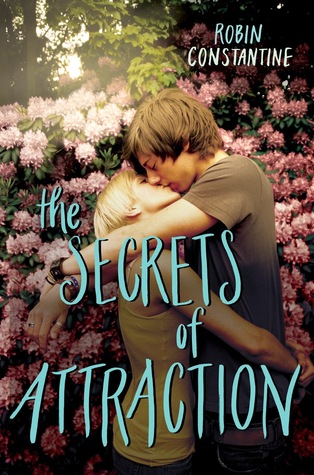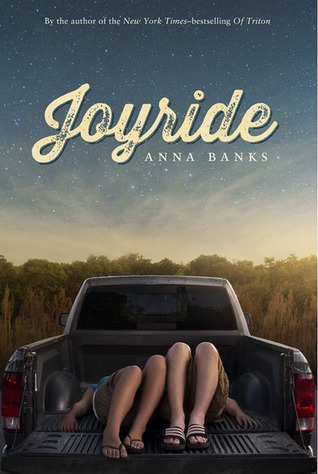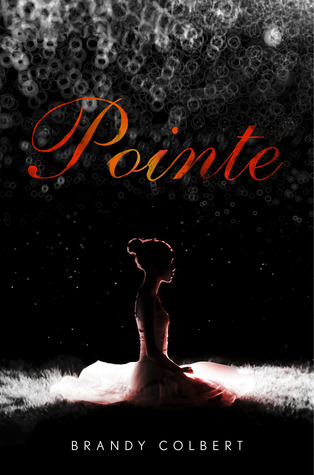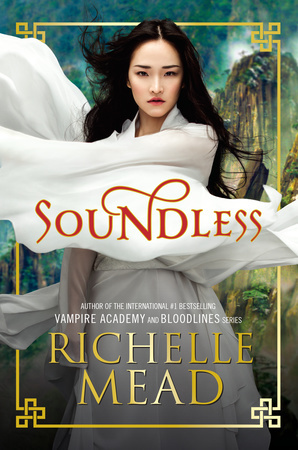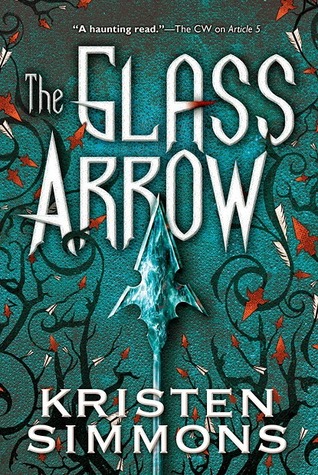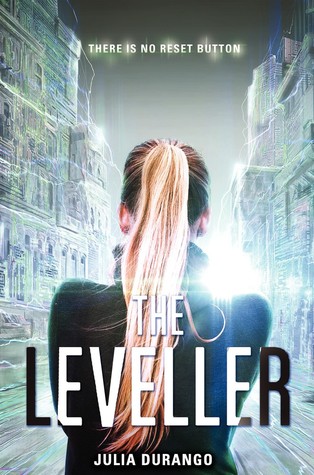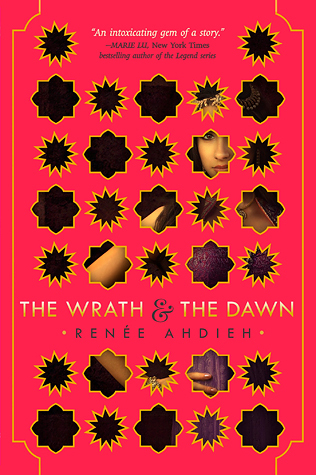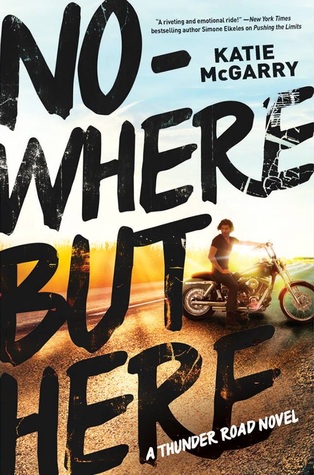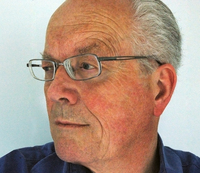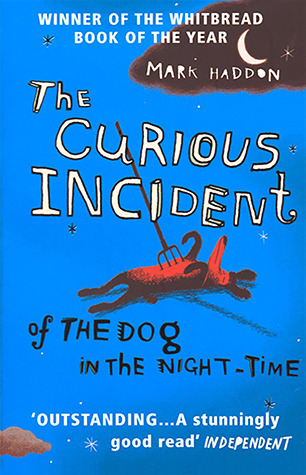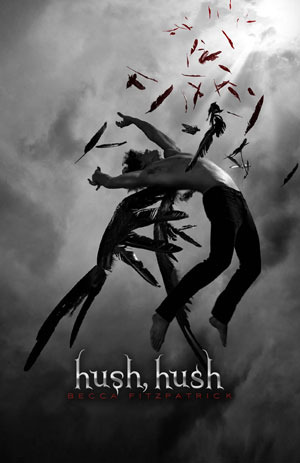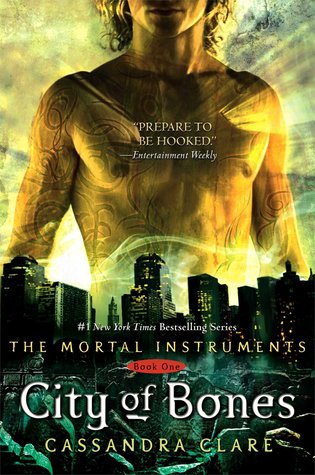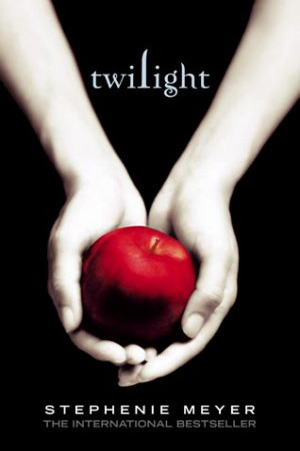

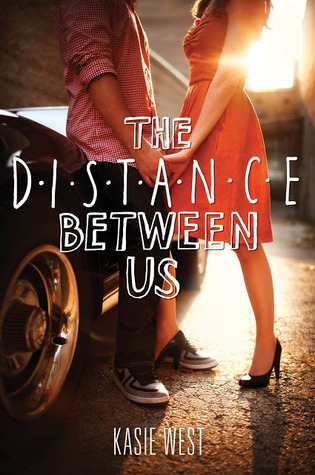

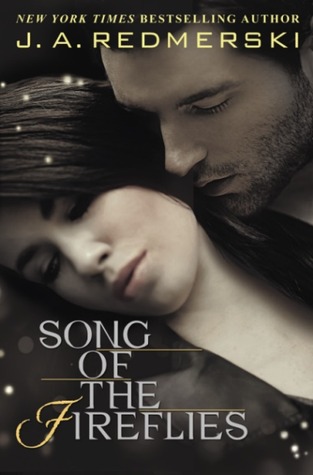
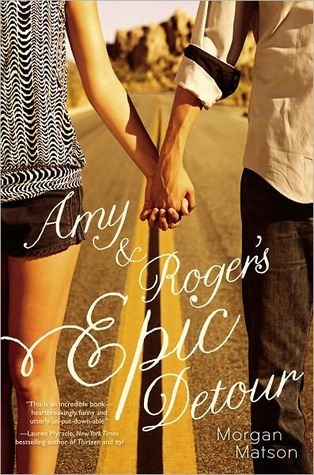
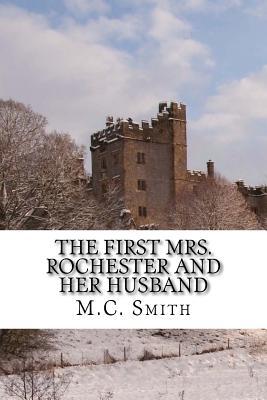
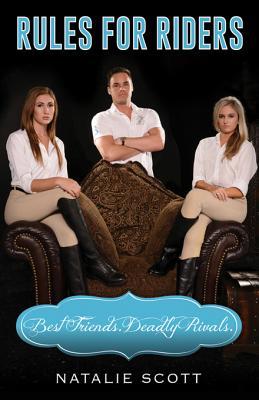
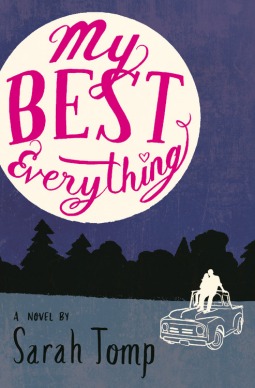
I've read 9 books this past month:
A Prayer Heeded (A Prayer Series #2) by Samreen AhsanAnimal by Nikki Rae
The Distance Between Us by Kasie West
Owlet (Society of Feathers #1) by Emma Michaels
Song of the Fireflies by J.A. Redmerski
Amy and Roger's Epic Detour by Morgan Matson
The First Mrs Rochester and Her Husband by M.C. Smith
Rules for Riders by Natalie Scott
My Best Everything by Sarah Tromp








I have reviewed 8 books this past month:
Accession (Sarath Web #1) by Terah EdunA Prayer Heeded (A Prayer Series #2) by Samreen Ahsan
Animal by Nikki Rae
The Distance Between Us by Kasie West
Owlet (Society of Feathers #1) by Emma Michaels
Song of the Fireflies by J.A. Redmerski
The First Mrs Rochester and Her Husband by M.C. Smith
Rules for Riders by Natalie Scott
Other posts:
New Releases in MarchBand of the Month: You Me At Six
Interview with Oliver Sparrow author of Dark Sun, Bright Moon
Release Day Blitz: Becoming Rain (Burying Water Series #2) by K.A. Tucker
Release Day Launch: Fierce: A Fantasy Collection
Book Blitz: Rules for Riders by Natalie Scott
Book Blitz: Chasing Bristol (The Finding Trilogy #2) by Shane Morgan
Book Blast + Guestpost: Death Wish (Ceruleans #1) by Megan Tayte
Top Ten Tuesday #52: Top Ten All Time Favorite Books From The Last Three Years
Top Ten Tuesday #53: Top Ten Books For Readers Who Like YA Contemporary Romance
Top Ten Tuesday #54: Top Ten Books On My Spring TBR
Top Ten Tuesday #55: Top Ten Books From My Teen Years I'd Like To Revisit
Top Ten Tuesday #56: Ten Books I Recently Added To My TBR List
Waiting on Wednesday #86: Finding Mr. Brightside by Jay Clark
Waiting on Wednesday #87: The Start of Me and You by Emmery Lord
Waiting on Wednesday #88: The Secrets of Attraction by Robine Constantine
Waiting on Wednesday #89: Glittering Shadows (Dark Metropolis #2) by Jaclyn Dolamore
Sunday Post #11
Sunday Post #12 & Stacking The Shelves #55
Sunday Post #13 & Stacking The Shelves #56
Sunday Post #14
Sunday Post #15 & Stacking The Shelves #57

